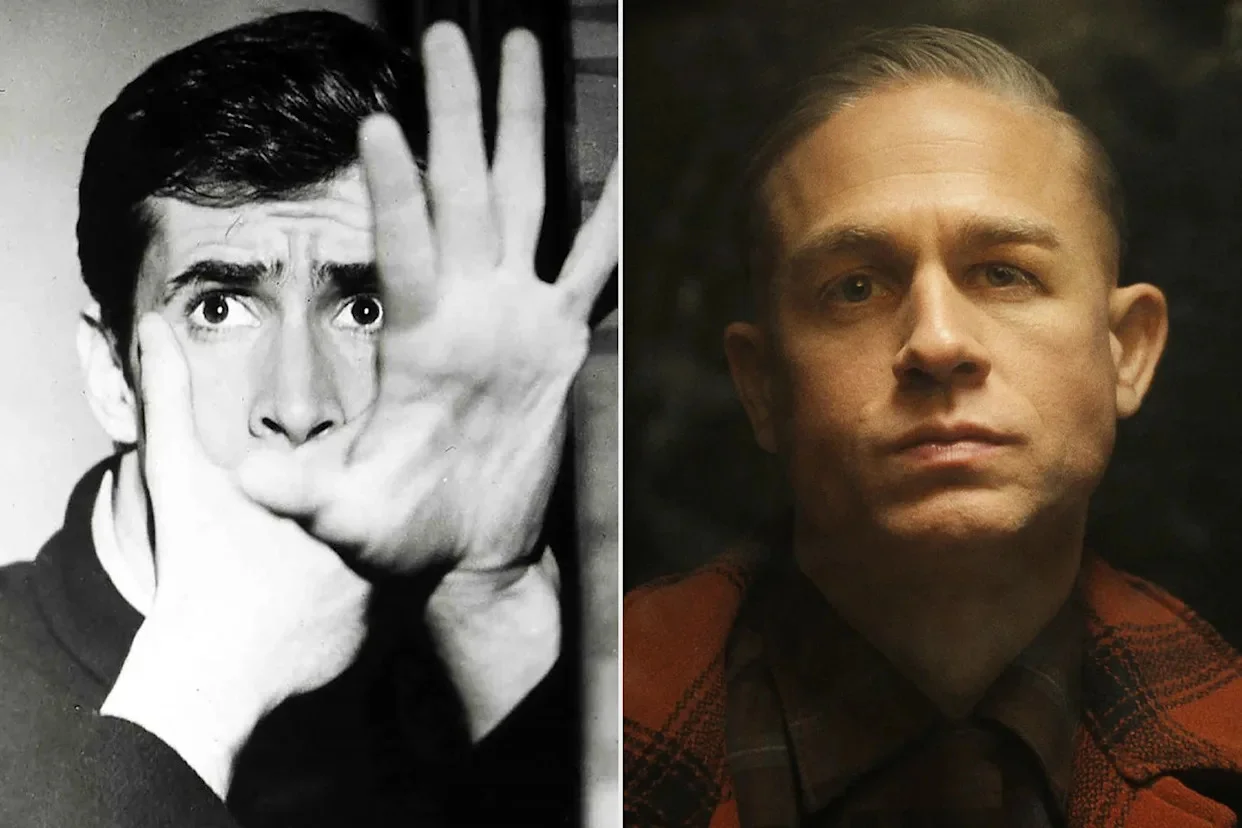Osgood Perkins has voiced strong objections to Ryan Murphy’s series Monster, expressing that the show exploits real-life tragedies. His criticism comes amid growing controversy over Murphy’s depiction of notorious criminals, including Ed Gein, Jeffrey Dahmer, and the Menendez Brothers. Perkins, whose father Anthony Perkins inspired the character Norman Bates, shared his concerns in an interview with TMZ, underscoring the ethical problems in glamorizing such figures. The focus on Perkins Ryan Murphy highlights deeper tensions in the true crime genre’s approach to sensitive subject matter.
Perkins’ Artistic Background and His Views on Murphy’s Work
Known for his distinct and singular creative vision, Perkins has received mixed responses to his own films. He praised his movie Longlegs for its eerie atmosphere and strong visuals, while he openly disliked The Monkey for lacking the same tension. Despite differing opinions on his films, Perkins maintains a clear and confident perspective in his art. Contrastingly, he perceives Ryan Murphy’s work as an uninspired adaptation of influences, feeling that Murphy’s shows, including Monster, are superficial in tone and substance.
Why Perkins Avoided Watching the Series and His Family Connection
Perkins chose not to watch Monster partly because of its portrayal of Jeffrey Dahmer, which he found objectionable on ethical grounds. Victims’ relatives have publicly appealed for audiences to avoid the show, criticizing it for exploiting painful histories. The series’ portrayal of Ed Gein has also invited backlash for inaccuracies and sensationalism. Adding complexity, Perkins’ father, Anthony Perkins, who played Norman Bates—a character loosely inspired by Gein—appears as a character in the show, a fact Perkins finds distasteful.

Concerns Over Glamorization and Loss of Context in True Crime Media
Osgood Perkins described his reluctance to watch the show as a refusal
“to watch it with a 10-foot pole,”
condemning the effort to turn Gein’s horrific acts into “glamorous and meaningful content.” He warned about the broader cultural impact of such portrayals, describing culture as being
“reshaped in real time by overlords.”
Perkins criticized the Netflix-style approach to real suffering, arguing it strips away critical context and reduces authentic human experiences to mere entertainment.
The Misleading Use of Horror Imagery and the Reality Behind Gein
The marketing for Murphy’s show included imagery recalling famous horror films like Psycho and The Texas Chainsaw Massacre, incorrectly suggesting a direct connection between these fictional works and Ed Gein. Perkins emphasized that while Gein inspired various characters, his actual crimes were far less sensationalized than pop culture suggests. He stressed that true crime portrayals often miss the nuances of historical events and instead focus on exaggerated, decontextualized narratives that do not honor the complexity of real victims and circumstances.
The Broader Significance of Perkins’ Critique on Media Responsibility
Perkins’ condemnation highlights a growing concern about the ethics of adapting real tragedies for entertainment, especially without sufficient context or respect for those affected. This discussion is crucial for shaping how audiences understand historical crimes and the individuals involved. Perkins’ position, rooted in personal history and artistic integrity, challenges media creators to reconsider how they present sensitive stories in ways that avoid exploitation and maintain respect for reality.
